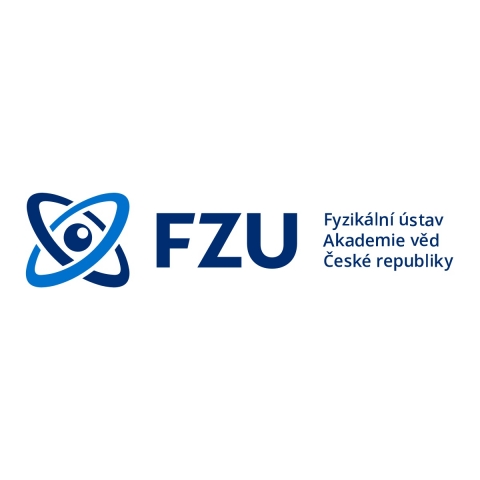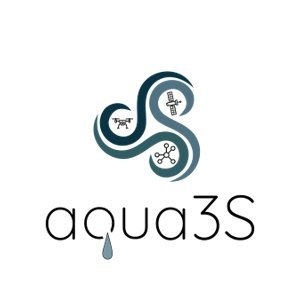Giga-Tera-Mir Sources and Detectors applied to water sensing
Description: -International Workshop on the Science and Technology of sensors to monitor water
quality-
Abstract:
Water quality monitoring is a fundamental tool in the management of freshwater resources and it
offers critical information characterizing the physical, chemical and biological status of the drinking
water, identifying water quality issues and potential risks associated with them. Recent
developments in the field of near infrared (NIR), mid infrared (MIR), Terahertz (THz) and
Gigahertz (GHz) sources and detectors, provide advanced techniques and sensing schemes for
continuous and real-time assessment of pollution levels in the liquid phase and in the gas phase.
However, there are several challenges that must be overcome before these sensor-based
technologies can ensure that their measurements adequately identify distinct contaminants and
quantify the interferences caused by complex water matrices, such as: high sensitivity, flexibility
and low-dependence on the spatiotemporal variations of the ambient conditions, compactness,
energy autonomy and resilience. Furthermore, the existing solutions for drinking water monitoring
often employ expensive sensors, resulting in a high-cost system that is difficult to implement.
Therefore, it is timely to assess the recent achievements in real-time water quality monitoring and
bridging the gap between the sensor-based technologies and their integration to existing water
networks.
This online forum for discussion will deliver an enhanced update on the state-of-the-art water sensors technology with focus on sources and detectors in the Giga-Tera-Mir, promote integration of technologies and pathways to go beyond the state of the art and address standardization issues of water sensor technology. The workshop is organised within the framework of the wider EU funded Horizon 2020 project 'Enhancing Standardisation strategies to integrate innovative technologies for Safety and Security in existing water networks' (Aqua3S).
Thus, we aim to bring together leading teams working on sensor-based techniques with academic
developers and industrial producers of state of the art sensors.
Request to speakers:
Organizers:


- Log in to post comments
